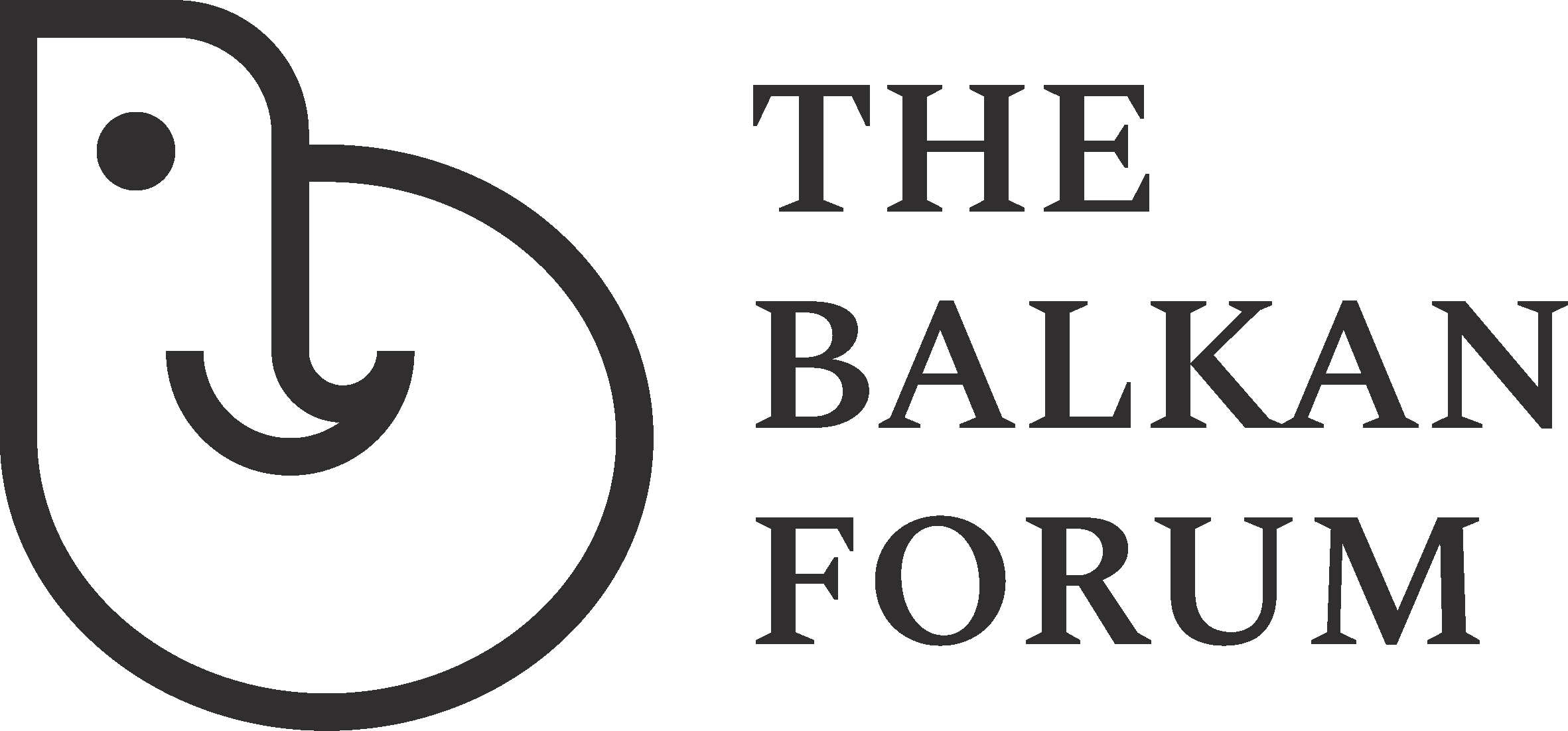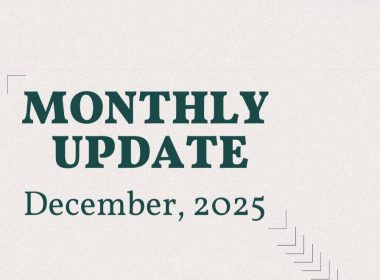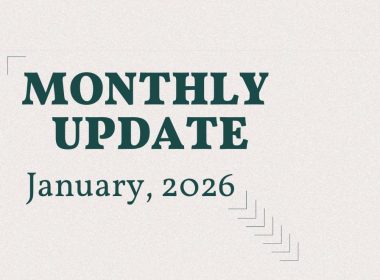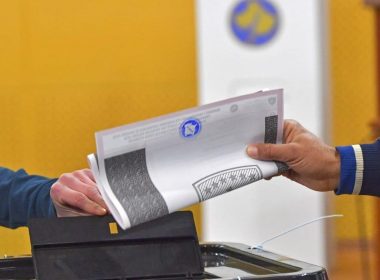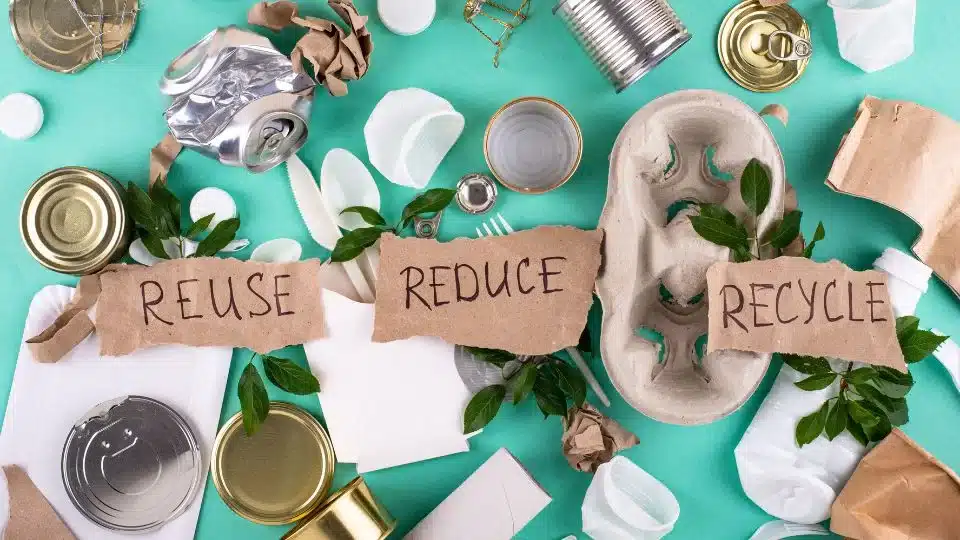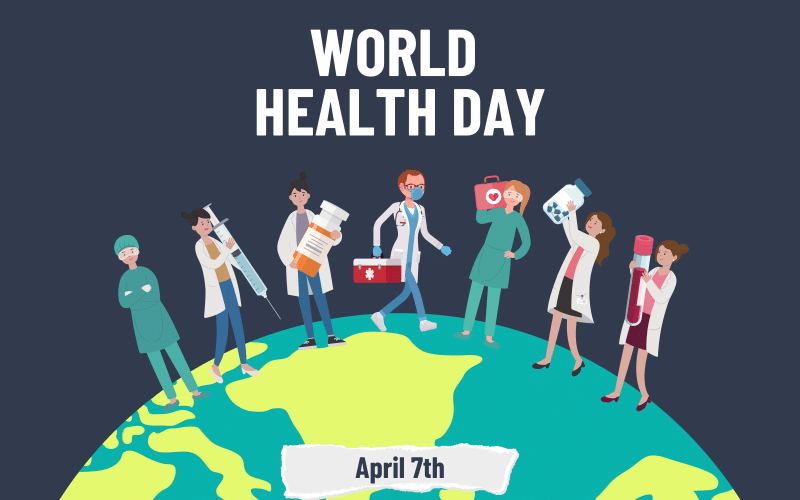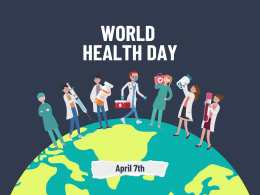On March 30th, the world marks International Zero Waste Day, a call to rethink our consumption and waste practices for a healthier planet and people. Waste pollution is not just an environmental issue, it’s a climate and social justice issue. A zero-waste approach goes beyond reducing waste, it is a strategy to cut emissions, conserve resources, and build sustainable local economies, all of which are crucial for strengthening resilience to climate change.
Unmanaged waste across the Western Balkans emits vast amounts of methane, one of the most potent greenhouse gases. At the same time, the excessive consumption of single-use products depletes natural resources and drives high carbon emissions. The consequences are felt not only in the region’s stunning landscapes but also in the health and well-being of its people. The challenge, however, goes even further. As environmental and socio-economic pressures intensify, the intersection of zero waste and climate resilience has become an urgent priority.
While the Western Balkans faces significant gaps in waste management, it also holds great potential for circular economy solutions. Across the region, informal waste pickers play a crucial role in material recovery, yet they operate under precarious conditions with little recognition. Their integration into formal waste management systems could not only improve efficiency but also support social inclusion and economic stability. Meanwhile, grassroots initiatives are emerging, from sustainable small businesses to urban gardens and repair cafés, proving that community-led solutions can reduce waste at the source and foster local resilience.
Policy momentum is also growing. With EU accession on the horizon for many Western Balkan countries, aligning with the EU Green Deal and Circular Economy Action Plan presents a real opportunity. Legislative shifts, including bans on single-use plastics and extended producer responsibility schemes, could drive systemic change. However, implementation remains a challenge, as many local governments struggle with limited resources and infrastructure gaps. The EU’s goals, particularly those related to waste and landfill reduction, seem distant for the Western Balkans. The EU Landfill Directive, which aims to reduce landfilling to 10% of total waste by 2035, is far from achievable under current conditions. Rather than accelerating a true circular economy transition, this target risks incentivizing waste incineration—a false solution that undermines both climate goals and the principles of zero waste and circular economy. While progressive EU nations invest in advanced recycling and waste prevention, many Western Balkan countries remain trapped in outdated disposal-based systems, lacking the necessary infrastructure and political will to change course, making them even more vulnerable to the incineration lobby.
A climate-resilient Western Balkans requires a fundamental shift towards waste prevention and circularity. Investment in waste prevention and reduction strategies is key, prioritizing reuse, refill, and repair over disposal-based models. Scaling up zero-waste municipalities and community-led zero-waste initiatives can help local governments transition from landfilling to composting, recycling, and waste prevention. Regional cooperation will also be essential, allowing countries to share best practices and collaborate on zero-waste policies that enhance climate resilience across borders.
The Western Balkans cannot afford to remain a dumping ground for outdated waste management solutions. True progress will require bold policy choices, strong grassroots activism, and international support to shift away from waste incineration and landfilling toward sustainable, zero-waste alternatives. The path to a circular economy and climate resilience is clear—now, it’s time to act.
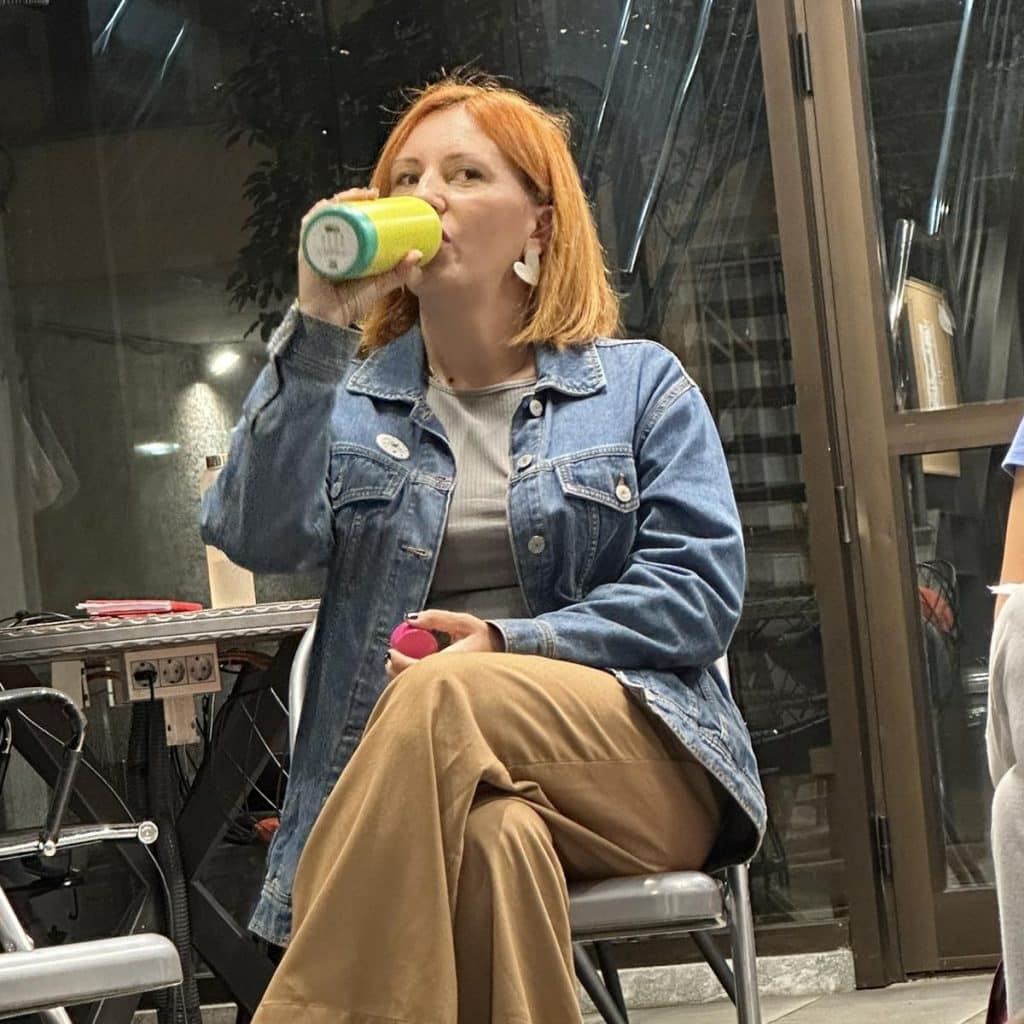
Vanja Cicmil
Zero Waste Montenegro, activist and zero waste advocate
